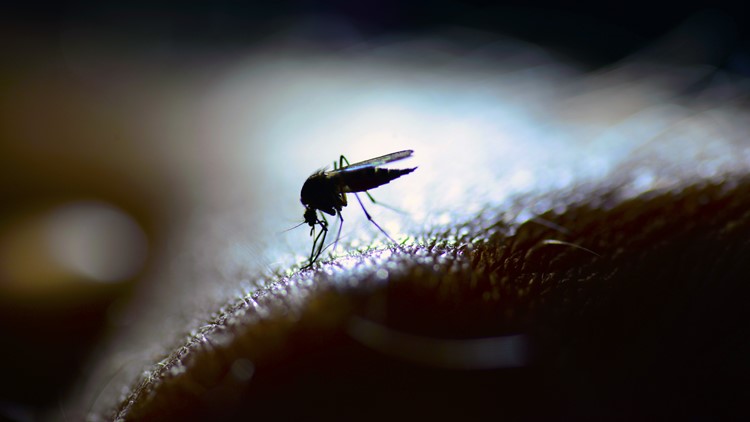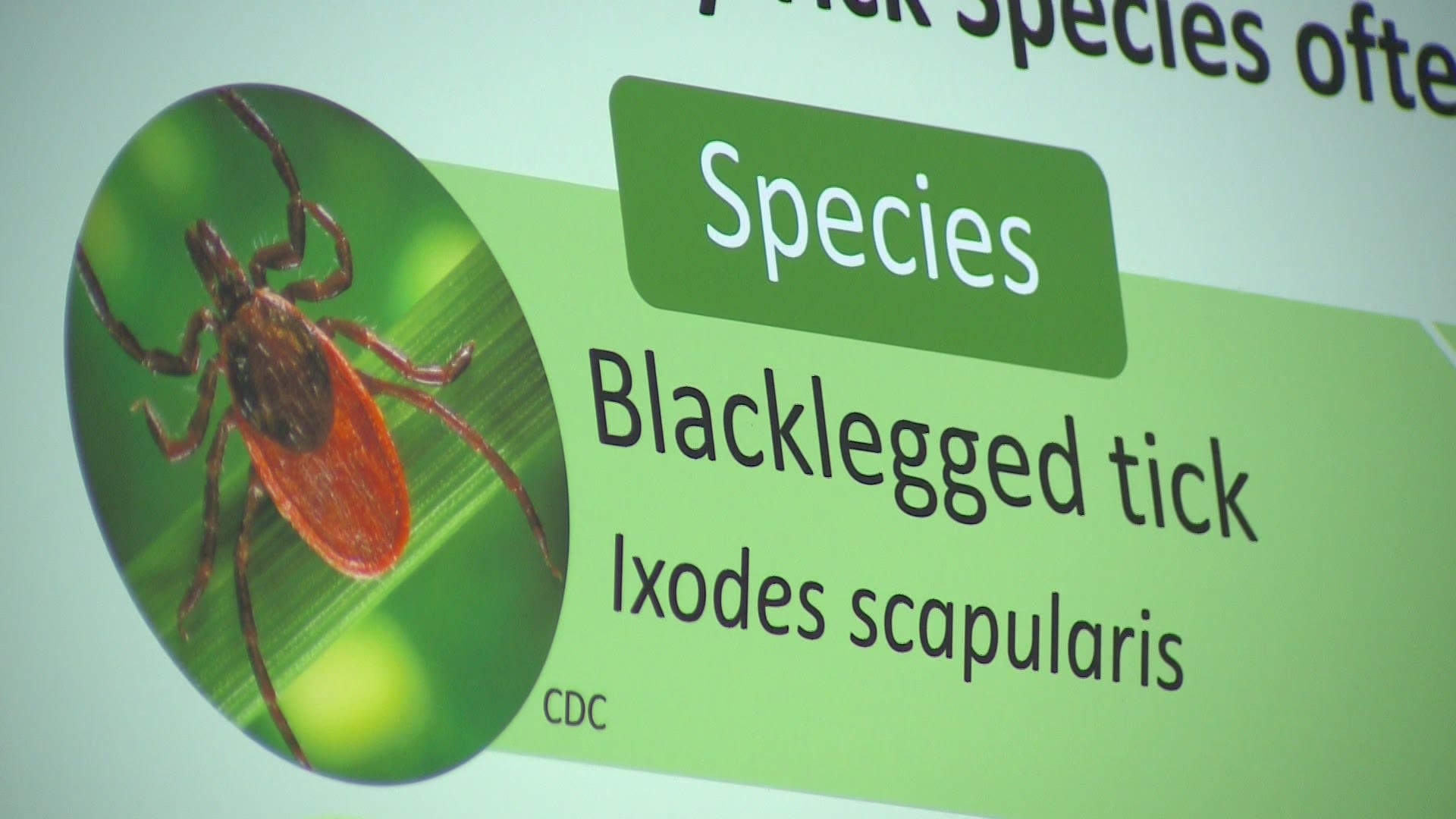The Connecticut Department of Public Health (DPH) is reporting that a Connecticut resident has tested positive for West Nile virus infection.
This is the first human case of West Nile-associated illness identified in Connecticut in the 2020 season.
DPH said the patient, who is between 40-49 years of age, became ill during the second week of July with West Nile fever and is recovering. Laboratory tests had confirmed the presence of antibodies to West Nile. DPN said the person lives in Waterbury but may have been exposed to the virus in the Newington/Wethersfield area.
“The identification of a Connecticut resident with West Nile virus-associated illness emphasizes the need to take actions to prevent mosquito bites,” said DPH Acting Commissioner Dr. Diedre S. Gifford. “Using insect repellent, covering bare skin, and avoiding being outdoors during the hours of dusk and dawn are effective ways to help keep you from being bitten by mosquitoes.”
Here's how you can protect yourself from mosquitos.
“We continue to have weather conditions that are favorable for the mosquitoes that transmit West Nile virus,” said Dr. Philip Armstrong, Medical Entomologist at the Connecticut Agricultural Experiment Station (CAES). “These mosquitoes are most abundant in urban and suburban areas with dense human populations.”
Last week, a mosquito in Stonington was found to be carrying Eastern Equine Encephalitis (EEE). Last year, four people in Connecticut were reported to have contracted the disease. Three of those people died.
EEE is the most severe mosquito-transmitted disease in the U.S. Approximately 33 percent of people who contract the virus die while most survivors have significant brain damage.
At this time there are no reported human cases of EEE in the state.




